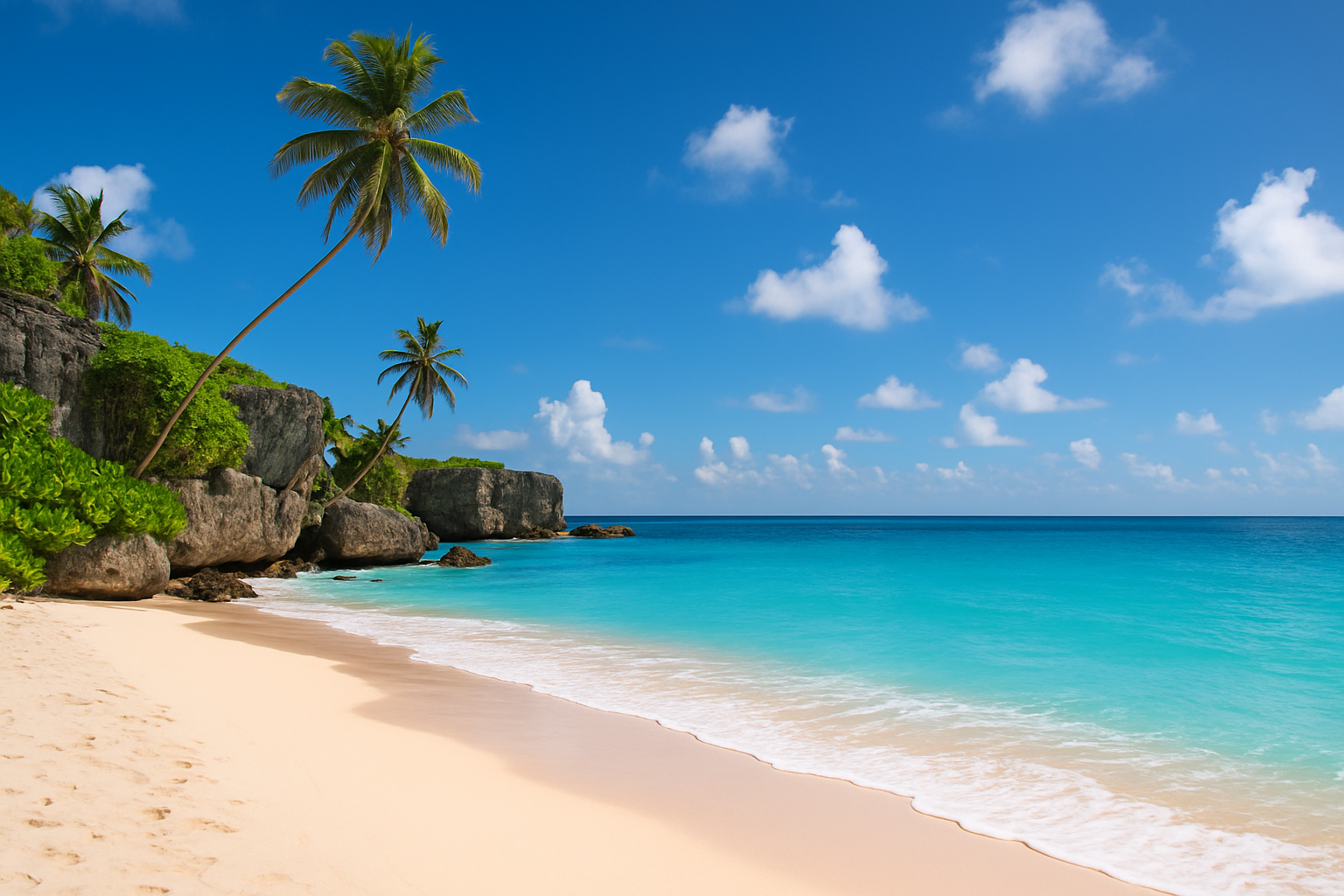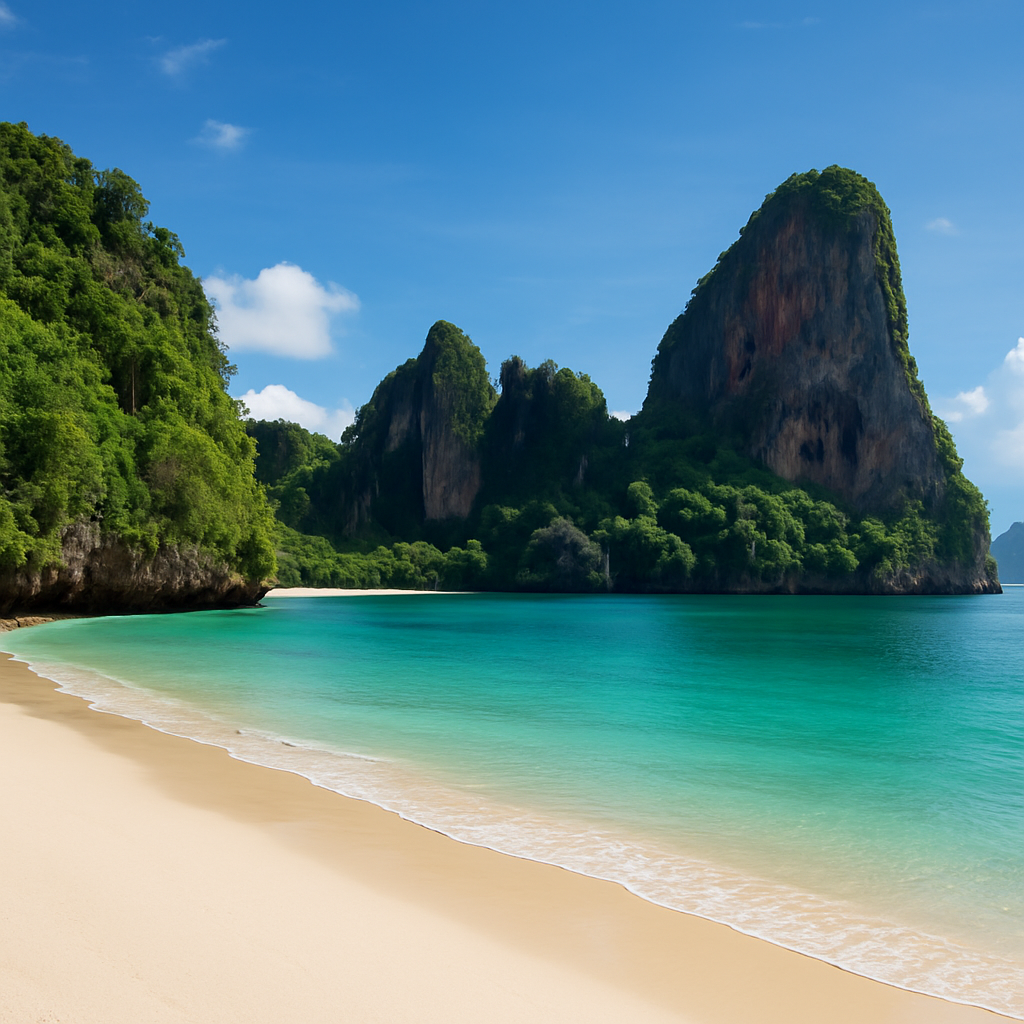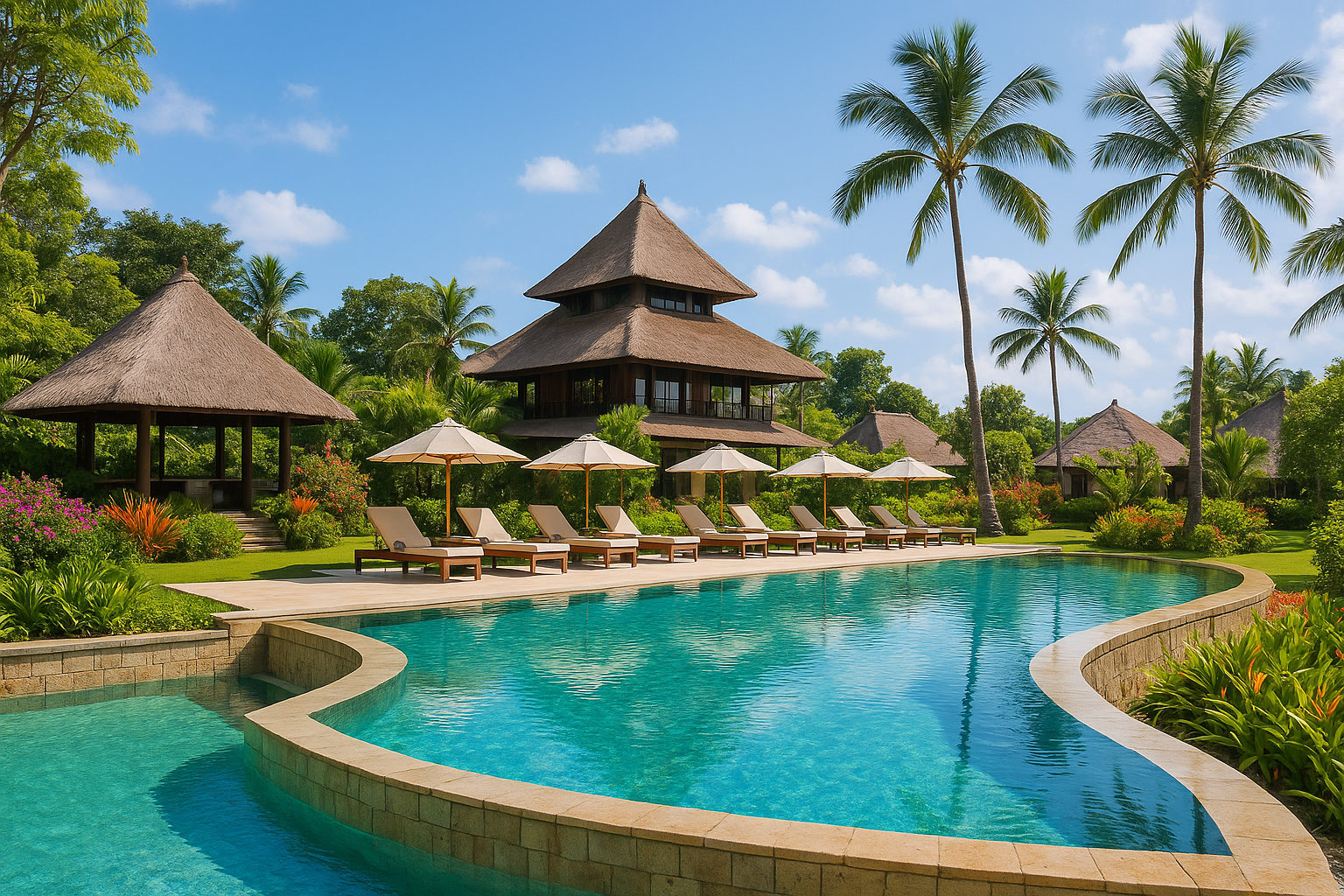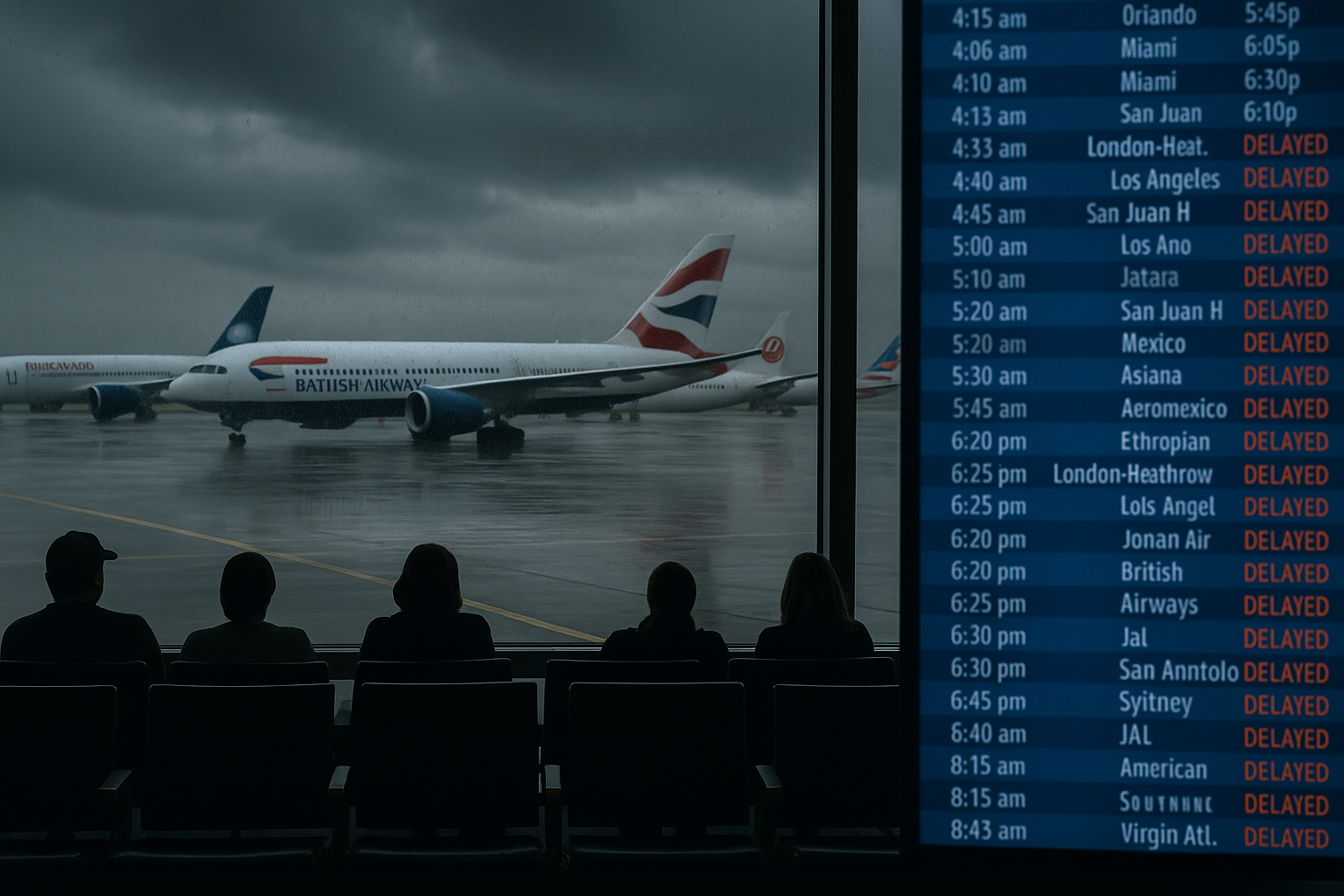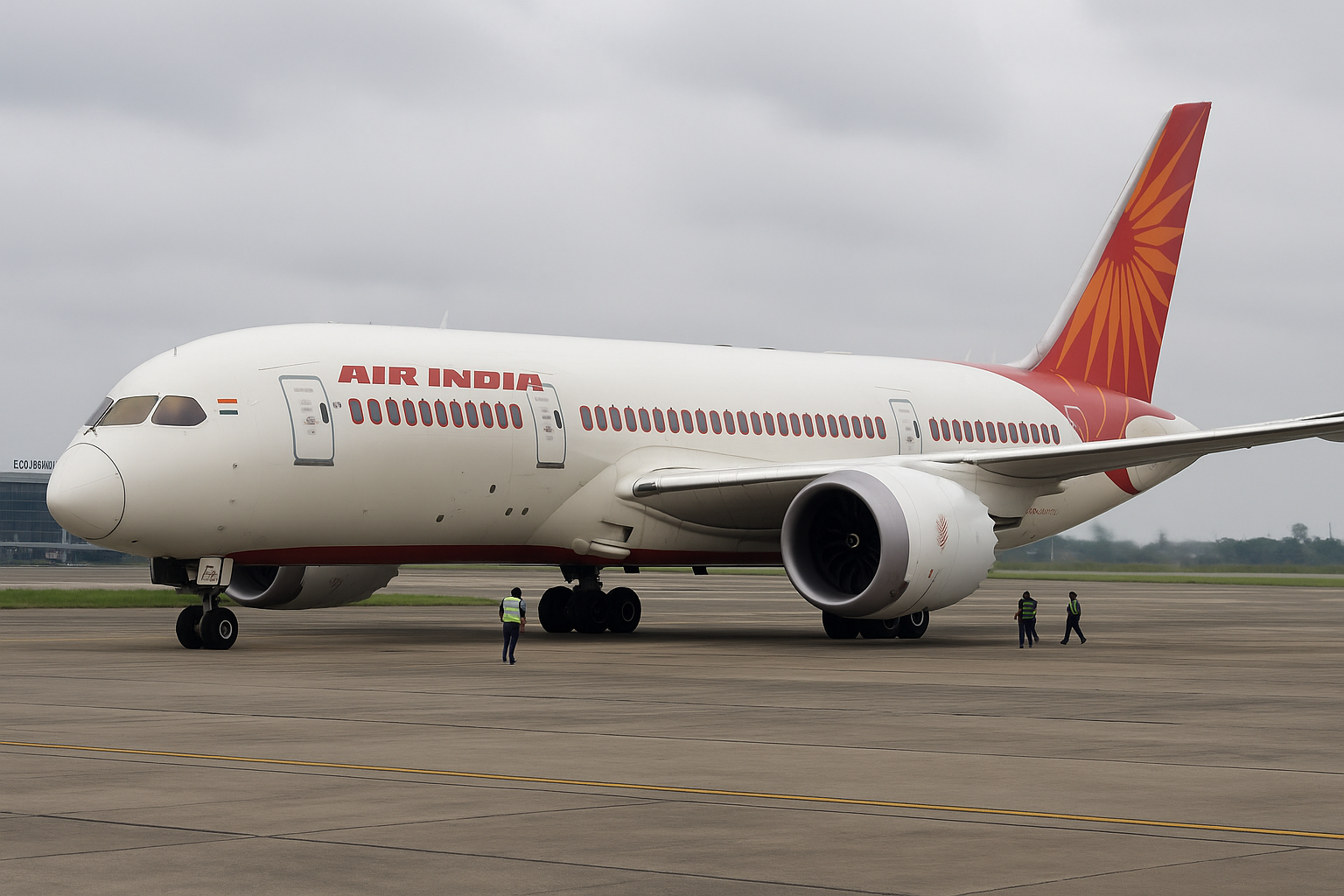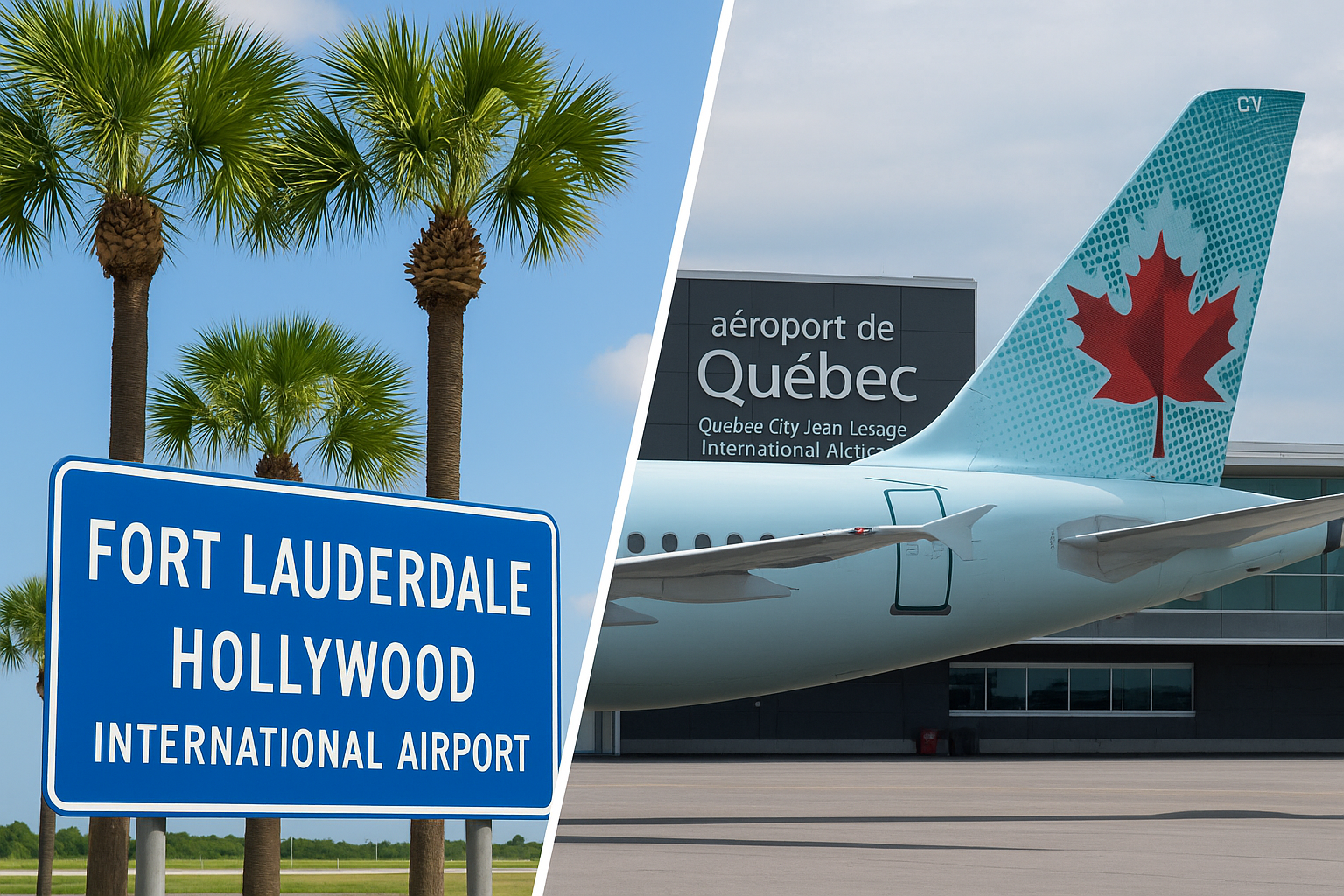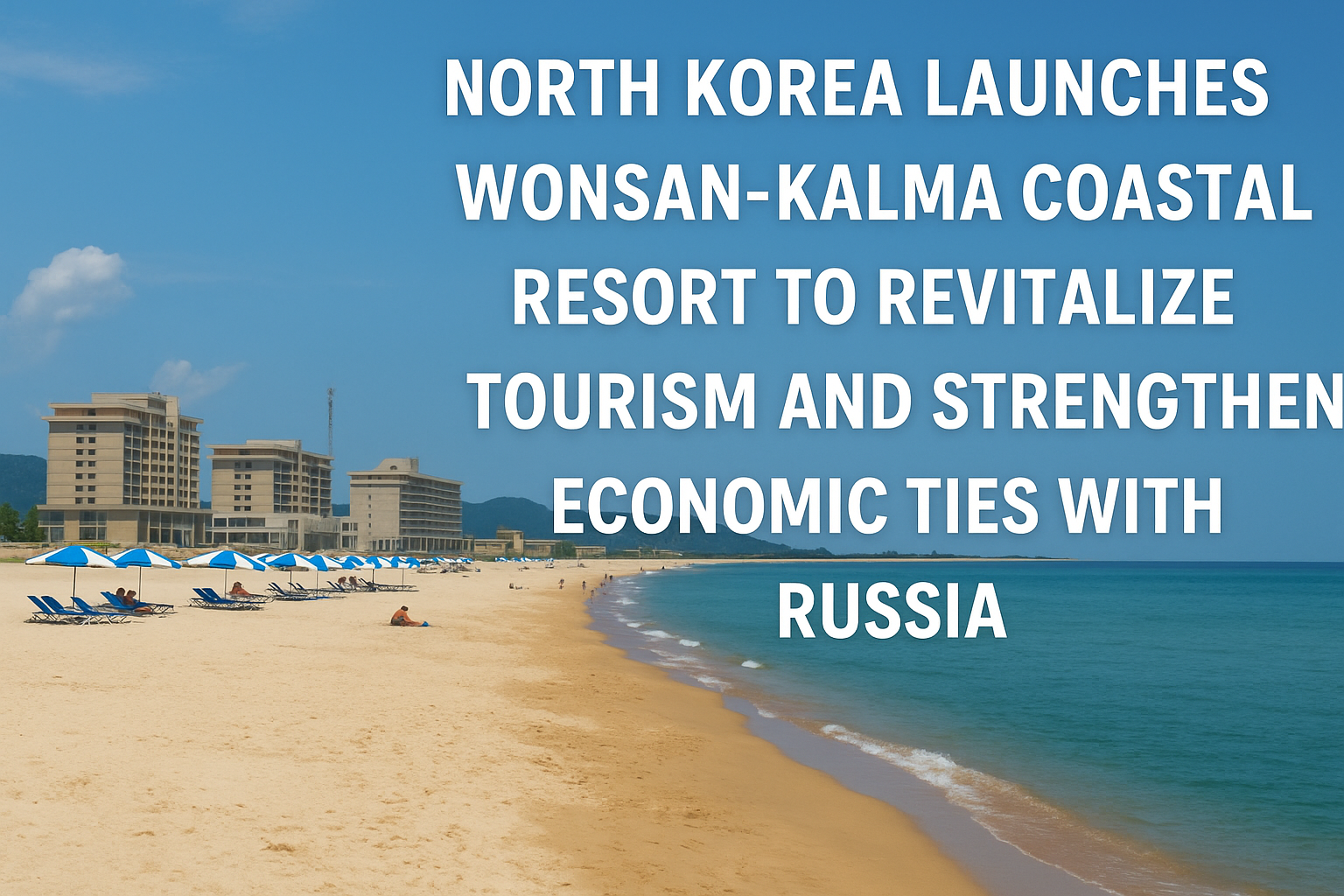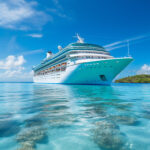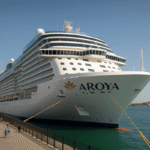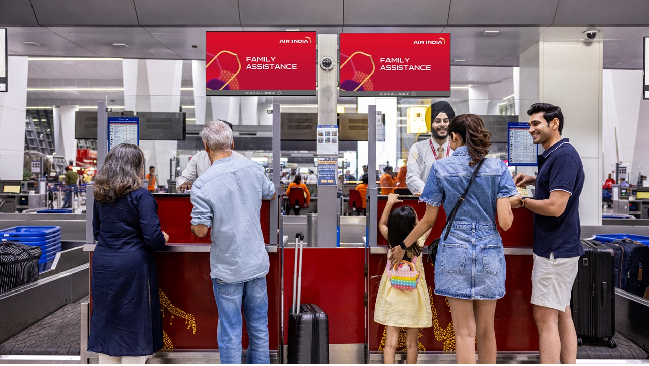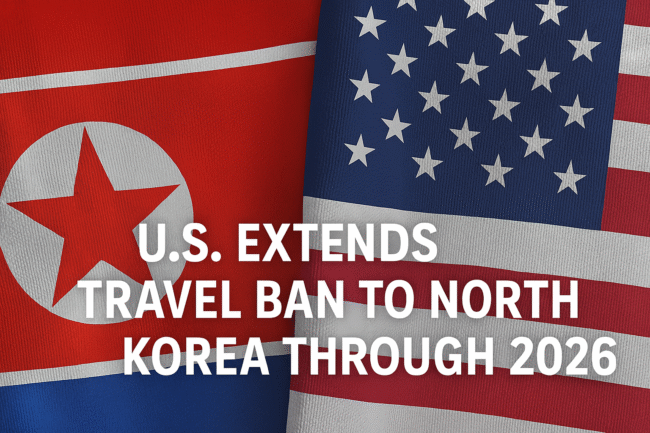North Korea is taking a bold step to revive its tourism sector and stimulate economic growth with the official opening of the Wonsan-Kalma Coastal Tourist Area, its most ambitious tourism development to date. Set along the eastern shores of the Sea of Japan (East Sea) in Kangwon Province, the vast beachfront resort is designed to welcome up to 20,000 domestic and international guests, featuring modern hotels, leisure facilities, beachside activities, and dining options.
Though North Korea has not fully reopened to global tourism since the COVID-19 pandemic began, the resort signals a significant push by the government to position tourism as a cornerstone of national economic revival. According to Korean Central News Agency (KCNA), the resort was recently inaugurated in a grand ceremony, marking a milestone under Kim Jong Un’s leadership to diversify the country’s heavily sanctioned economy.
Strategic Coastal Development: Vision Beyond Isolation
The Wonsan-Kalma Beach Resort is a critical part of North Korea’s long-term plan to use tourism as a soft power tool and an economic diversification strategy. The site spans a sweeping stretch of coastline and features state-funded development of luxury accommodations, sports facilities, parks, and a well-manicured beach—rare in a nation often defined by isolation.
With construction delayed by pandemic restrictions and international sanctions, the resort’s completion now serves as a symbol of self-reliance and economic ambition. Though currently geared toward domestic tourists, the government is clearly eyeing international arrivals, especially from Russia and China, as key revenue sources.
Russian Tourists Lead International Return on July 7
While international tourism remains officially paused, Russian tourists will become the first foreign visitors to Wonsan-Kalma starting July 7, 2025. This development follows a bilateral agreement between Pyongyang and Moscow that has allowed Russians to visit select North Korean cities since early 2024.
The initial Russian group is expected to combine their resort stay with a guided tour of Pyongyang, North Korea’s capital, offering a mix of cultural exposure and state-sanctioned leisure. This reopening to Russian travelers underscores the deepening diplomatic and economic ties between the two nations in recent years.
The Russian ambassador to North Korea and several embassy officials attended the resort’s launch event, further highlighting the strategic alignment between the two countries. The absence of Chinese diplomats, however, raised eyebrows among analysts, particularly given China’s historical dominance as North Korea’s top tourism and trade partner.
No Clear Timeline for Broader International Tourism
Despite the resort’s capacity and readiness, North Korea has not yet announced a full reopening for general international tourism. Since early 2020, the country has implemented a strict border closure due to COVID-19. This extended shutdown, coupled with mounting geopolitical tensions, continues to delay the return of foreign visitors, particularly from the United States and South Korea.
Before the pandemic, Chinese group tours accounted for a significant portion of North Korea’s tourism inflow. However, these tours remain suspended, fueling speculation about a cautious recalibration in China’s foreign policy toward its volatile neighbor. Analysts suggest that China may be hesitant to appear overly supportive of North Korea at a time of increasing Western scrutiny.
Economic Necessity Driving Tourism Push
With international sanctions limiting trade and aid, North Korea sees tourism as a rare and relatively non-sanctioned channel for revenue. The Wonsan-Kalma Beach Resort, reportedly years in the making and personally endorsed by Kim Jong Un, represents a major state investment aimed at drawing in foreign capital and elevating national prestige.
According to the Ministry of External Economic Relations, similar resort projects are under review in coastal regions such as Mt. Kumgang and Sinuiju, signaling a broader strategy to turn North Korea into a viable destination for select international markets.
Yet the sustainability of these plans remains tied to the government’s willingness to reengage with the global community. At present, diplomatic overtures from the U.S. and South Korea have been met with silence, while Pyongyang continues to prioritize weapons development and defense readiness.
Political and Diplomatic Implications
The Wonsan-Kalma resort opening comes at a time of worsening relations with the U.S. and South Korea, and amid rising speculation that North Korea is tilting further toward Russia as a strategic partner. The presence of Russian diplomats at the launch, coupled with the planned Russian tourist arrivals, signals a shift in focus that could redefine North Korea’s tourism alliances.
Since the collapse of denuclearization talks between Kim Jong Un and former U.S. President Donald Trump in 2019, dialogue with Washington and Seoul has stalled. The current administrations in both countries continue to advocate for re-engagement, but North Korea remains noncommittal.
Conclusion: A Grand Vision Awaits a Global Audience
The unveiling of the Wonsan-Kalma Beach Resort is a bold gesture by North Korea—a signal that it is ready to participate in the global tourism economy, albeit on its own terms. While international access remains tightly restricted, the resort’s completion underscores the regime’s desire to transform its global image and secure alternative streams of income.
With Russian tourists scheduled to arrive soon, the next chapter in North Korea’s tourism experiment begins—tentatively, selectively, and strategically. Whether this development leads to broader international engagement remains uncertain, but it is clear that tourism now plays a central role in North Korea’s long-term economic narrative.
For more travel news like this, keep reading Global Travel Wire
